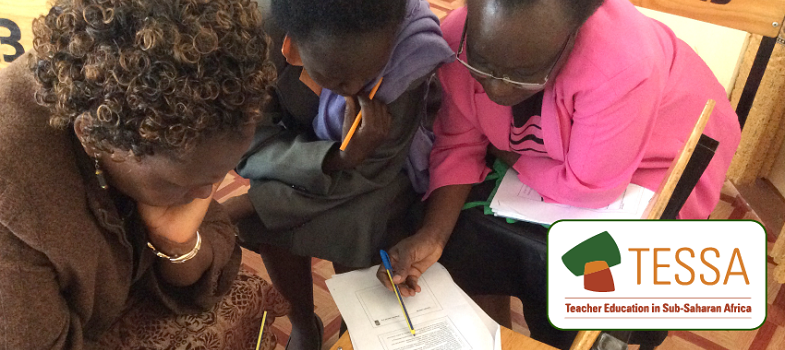Resource 2: ‘Cattle clash sparks bitter feud in 2001’
![]() Teacher resource for planning or adapting to use with pupils
Teacher resource for planning or adapting to use with pupils
Over 400 people fled their homes in the eastern Tanzanian region of Morogoro for fear of being attacked by Maasai pastoralists, after a bloody clash there on 8 December between the pastoralists and farmers left 31 people, mostly women and children, dead.
The clashes between Maasai nomads and farmers in Morogoro had been in progress since the end of October, but worsened during four days of fighting last week, the Associated Press (AP) reported on Tuesday.
The 8 December attack was in revenge for the killing of two Maasai tribesmen and the slaughtering of 35 cows by the farmers, AP said. The combination of revenge and sheer anger at the confiscation of their herds compounded a conflict over land use to which there is no clear solution in sight.
The clashes started after farmers in Kilosa confiscated herds which had strayed into their fields and held them pending receipt of compensation. The practice is not uncommon in Morogoro, one of the few regions in Tanzania relatively spared by the drought, where pastoralists and farmers live side by side. The attraction of pasture land was such that, according to recent research, there were 250,000 head of cattle belonging to the Maasai in the region’s Kilosa District, the Tanzanian newspaper the Guardian reported on Tuesday.
The conflict had been ongoing for the past ten years, Dr E de Pauw, land use consultant with the Food and Agricultural Organisation (FAO), told IRIN. ‘There is no proper demarcation between agricultural land and pastoral land,’ de Pauw said. Herders in possession of excessive stocks of cattle, by virtue of their concentration in Morogoro, grazed them in farmlands, either knowingly or by accident, thereby arousing hostility on the part of the farmers, he said.
President Benjamin Mkapa’s government is injecting a new impetus to the livestock sector, according to the Pan African News Agency (PANA). The government had adopted a policy to demarcate pastoralist areas, but its implementation would be difficult, de Pauw said.
The Maasai follow a semi-nomadic lifestyle, moving from place to place, seeking pasture and water. They would ‘always seek after the best land [and] no pastoralists will ever move their animals to semi-arid regions,’ de Pauw told IRIN. Competition for the best land is harsh, especially in times of drought.
Political factors are also at play, the Tanzanian media has reported. Villagers claimed that the prime minister’s office (PMO) had been aware of the conflict between Maasai pastoralists and the farmers as far back as 1997, when farmer representatives sent an appeal to the PMO, but no action was taken, the Guardian reported on Thursday. The villagers then resorted to forming traditional defence groups, called ‘sungusungu’.
‘However, the sungusungu were not effective, because they did not get police cooperation,’ a farmers’ representative told the Guardian. Kilosa District Commissioner Edith Tumbo was suspended on Monday by Prime Minister Frederick Sumaye, according to the Guardian.
Original Source: EDC News 2001
Resource 1: A family conflict



